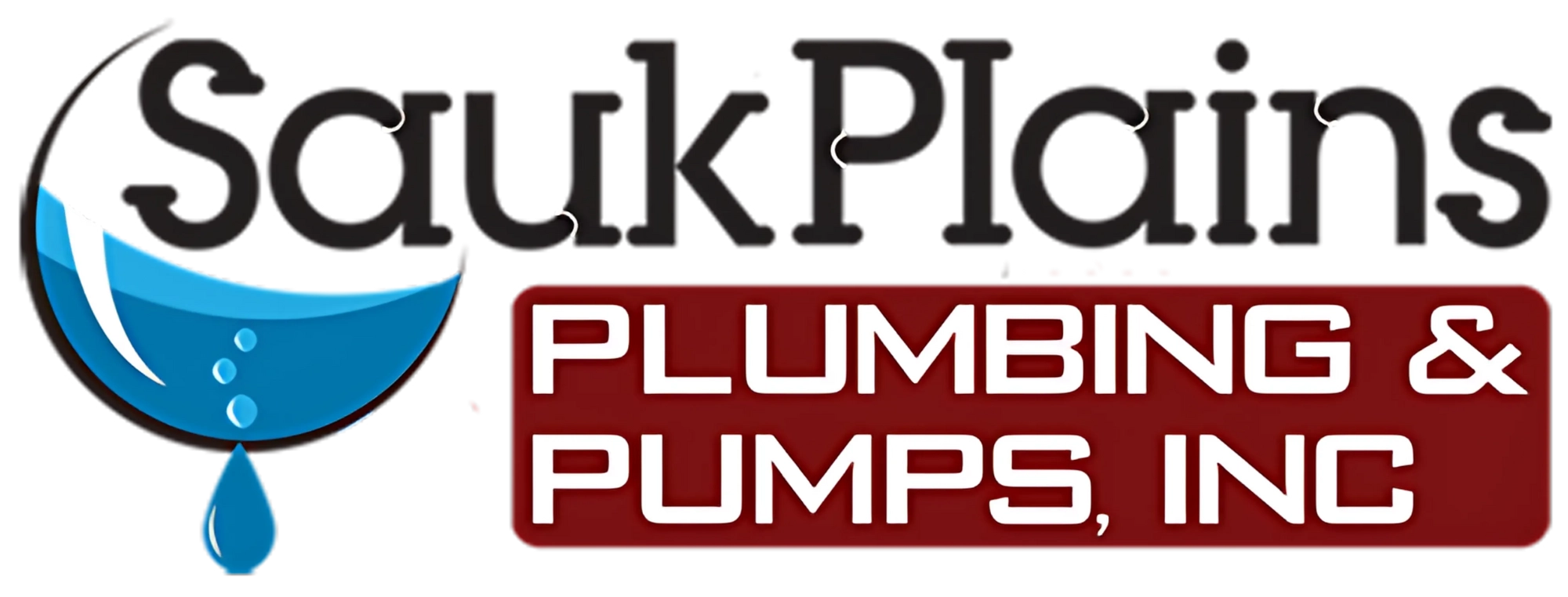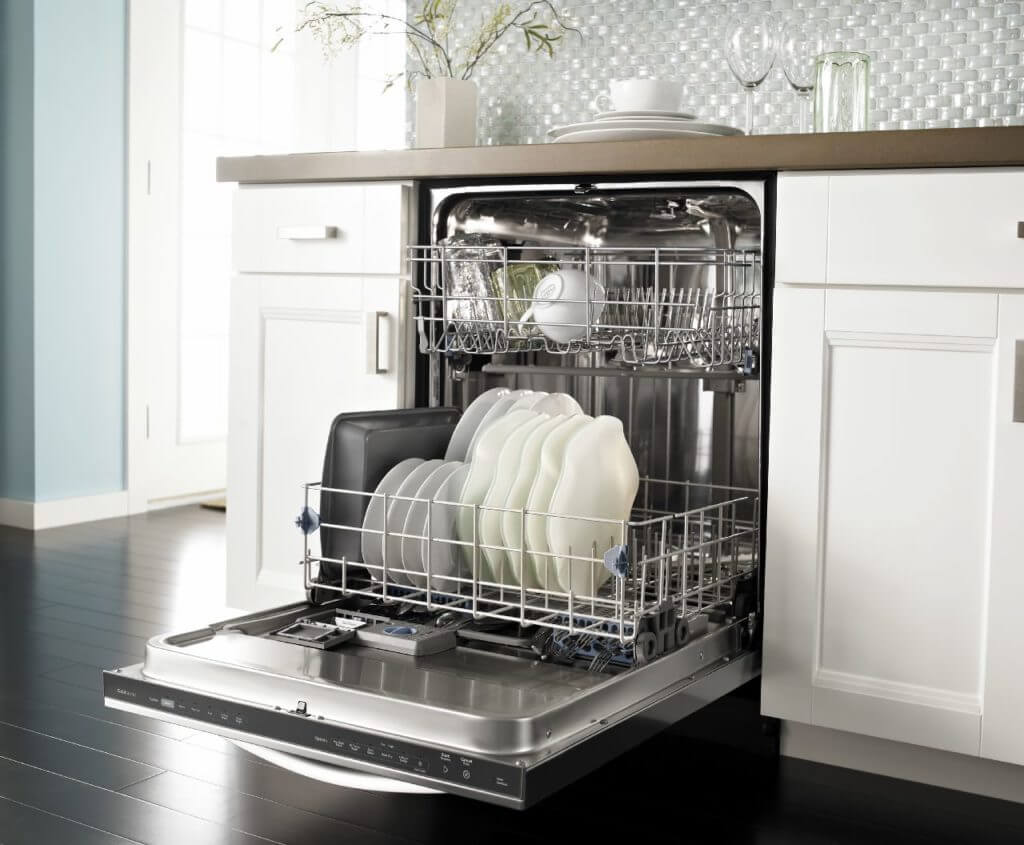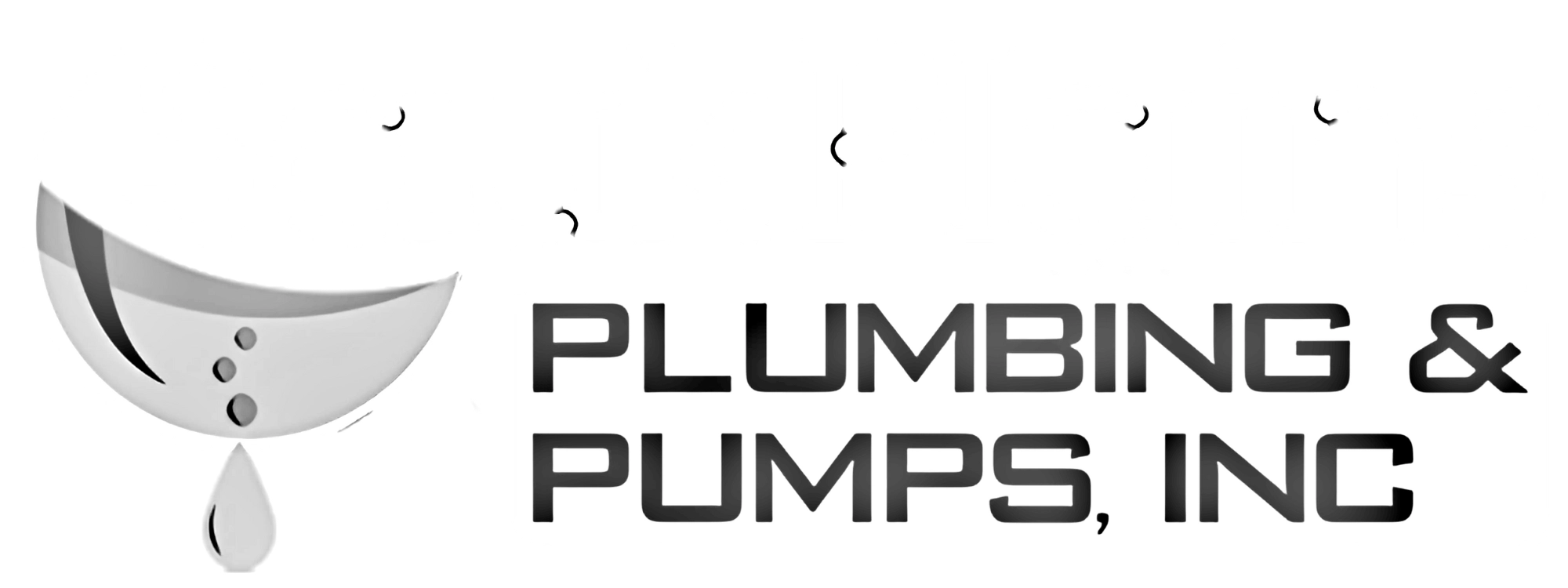Every water softener is a water conditioner but not every conditioner is a softener. Confusing? It comes down to what the tool does to and for your Cross Plains or Middleton WI water. A quick definition points out a conditioner changes the structure of hard minerals in water, preventing them from creating a buildup of damaging scale. Softeners exchange hard materials’ ions for sodium ions, effectively removing hard minerals from the water.
Almost everyone in southern Wisconsin knows we have “hard water.” But what does that mean? There are two main elements that make water hard: calcium and magnesium. Science measures the degree of hardness in “parts per million” (ppm) of these basic elements. Only a professional test uncovers just how hard your water is. Degrees of hardness and the need for a treatment system range from:
- “Soft” water is anything below 60 ppm
- 60 to 120 ppm is moderately hard
- 120 to 180 ppm is hard water
- Anything above 180 ppm is really hard water
Hard water is not dangerous to people or pets. However it is more than inconvenient when left unchecked in pipes and fixtures. The main danger from hard water is when you heat it. When hard water heats up in your hot water heater the minerals begin to crystalize. These crystals form lime scale. The scales stick to each other and to the heater’s tank. Over time scales get bigger and bigger. They not only reduce your heater’s efficiency they eventually lead to a tank failure.
Signs You Need A Water Softener

There are tell-tale signs you have hard water visible without a professional test, including:
- Dry skin – when your skin is dry, flaking or itching after a shower hard water is a likely reason.
- Poor results in laundry – when laundry detergent doesn’t produce suds like it should, clothing comes out “dingy-looking” and doesn’t dry as soft as you’d like, blame hard water. Hard water requires more detergent to get the job done right.
- Stained fixtures – white residue on faucets and shower heads are sure signs of hard water. The mineral salt residues remain when water evaporates. Another sign there is trouble building in your pipes.
- Blue water – if your water has a bluish tint it may be because the salts of calcium and magnesium are combining.
- Lime scale – a scum residue you find on appliances that are using hot water– inside dishwashers, tea kettles, etc. A buildup of scale damages appliances and pipes. If left too long, you can hear the scale “percolating” inside a water heater as it works hard to reheat water.
Water Conditioner Choices
There are two basic methods for conditioning water:
- Chemical additives
- Electromagnetic technology
Both do essentially the same thing, but in different ways. Consider them one at a time:
Chemical Conditioners – these water treatment systems use an additive known as polyphosphate. It is common in the food industry. Reacting with magnesium and calcium it disables the minerals so they cannot create scale. The amount used depends upon your water test results.
Electromagnetic technology – also called “descalers” these machines change the structure of the mineral crystals. The conditioner is installed where the water supply enters the house so water passes through it. Applying Electromagnetic energy alters the structure of the mineral elements so they cannot stick to surfaces.
Both conditioning systems remove the impact of the chemical elements but they don’t, technically, soften the water. They simply remove the elements that make it react as hard water.
Neither form of household conditioning system uses salt. That’s an element of a true softener system. Softening systems work in a completely different way.
How A Softener Works
The most obvious part of a softener system is the brine tank. That’s a large-capacity tank for holding salt and ion exchange resin. The resin is charged with ions of sodium – basic salt. As water passes through the tank the resin exchanges ions of magnesium and calcium for sodium ions. The salt ions are used up over time and the system has to be flushed and recharged – modern systems regenerate themselves, all you need do is keep the brine tank full of salt.
Unlike the other conditioners, salt-based softeners actually remove magnesium and calcium from your water.
Water Softener Or Water Conditioner – Find A Fit
While useful, pure conditioners are not considered to be as efficient as salt-based softeners. That’s especially true with very hard water – something common in southern Wisconsin.
However, there are times when a conditioner makes sense instead of a softener. If your water test reveals only moderately hard water, a conditioner is a good option. Why? Consider:
- Taste – the minerals in water are responsible for its taste. A certain level of hardness improves the taste of some water supplies. This is especially true when the water goes in to brewing tea or coffee.
- Extra work – conditioners don’t need salt on a regular basis. You simply change filters and/or filter cartridges.
Both systems are engineered to solve the same water problem, but they do it in very different ways. There’s no right or wrong approach. The system that best fits your home and lifestyle depends upon the water you have and your demand. There’s only one way to get a solid reading on how hard your water is and that’s a professional water test. However, if you see any of the signs your water is less than soft, don’t hesitate to schedule a test with one of our licensed, certified plumbers. Contact Sauk Plains Plumbing – Call 608-798-2121. We’ll help you determine if a water softener or a water conditioner is right for your home in Cross Plains WI, Verona, Waunakee or Middleton WI.



